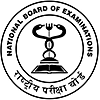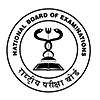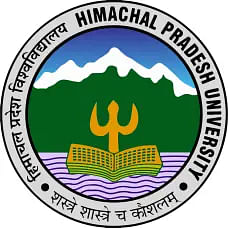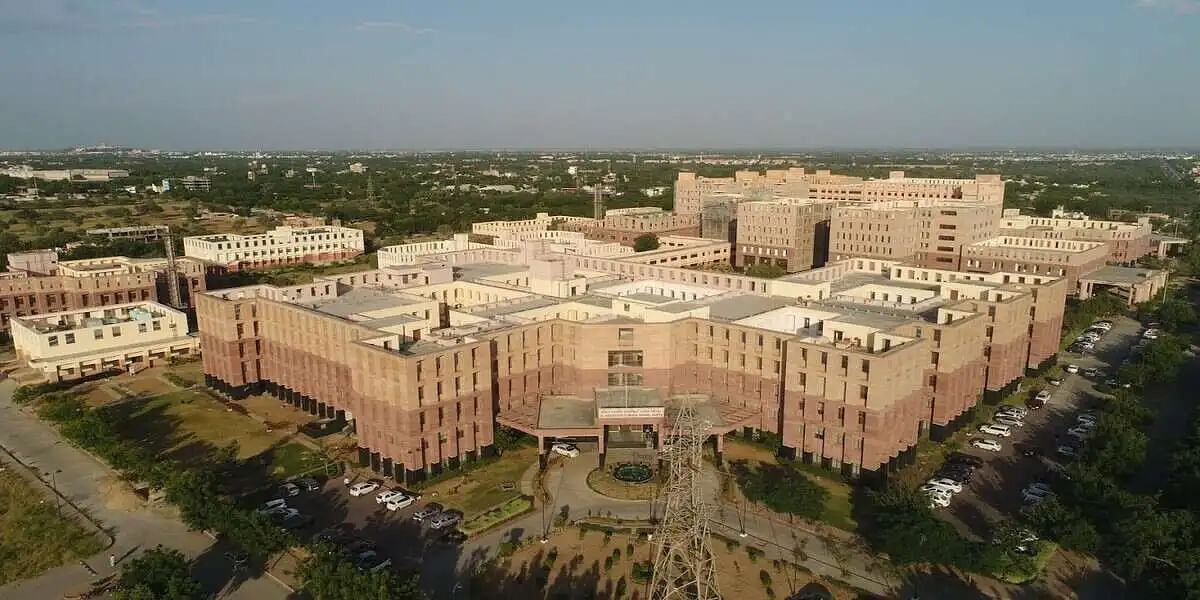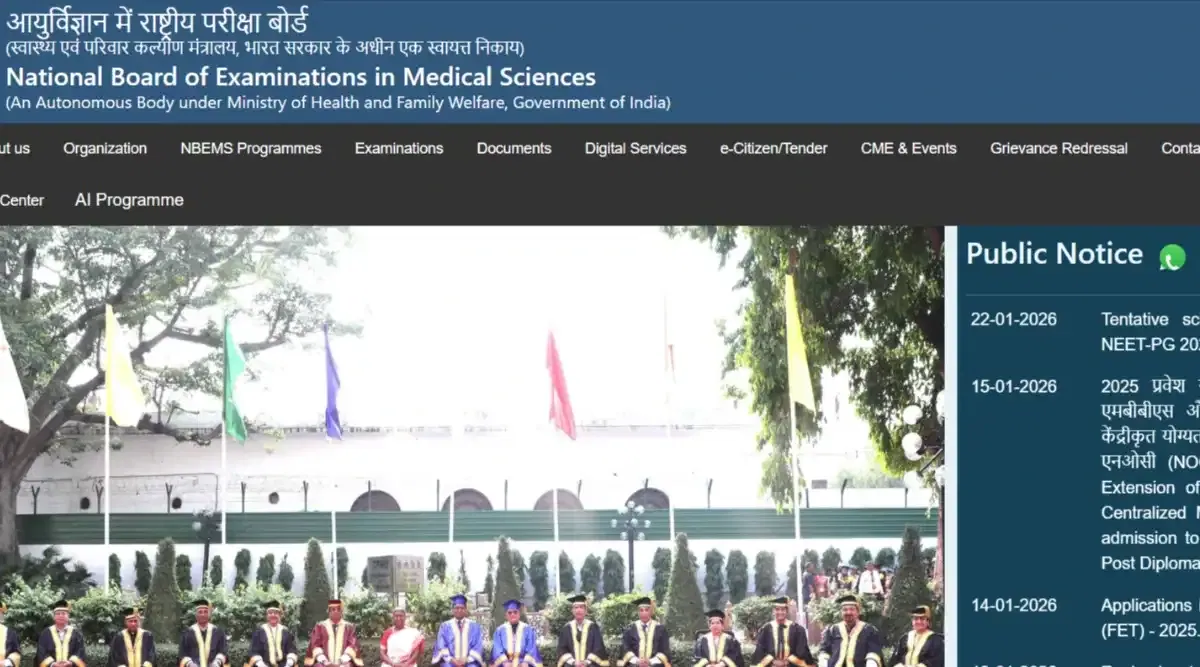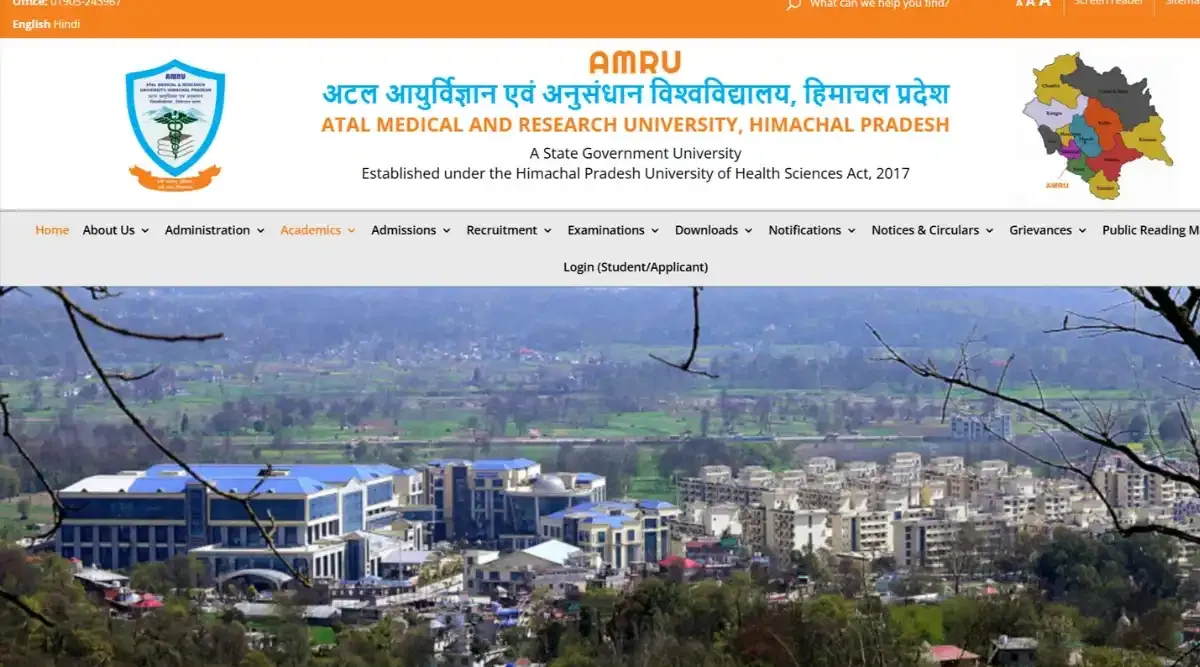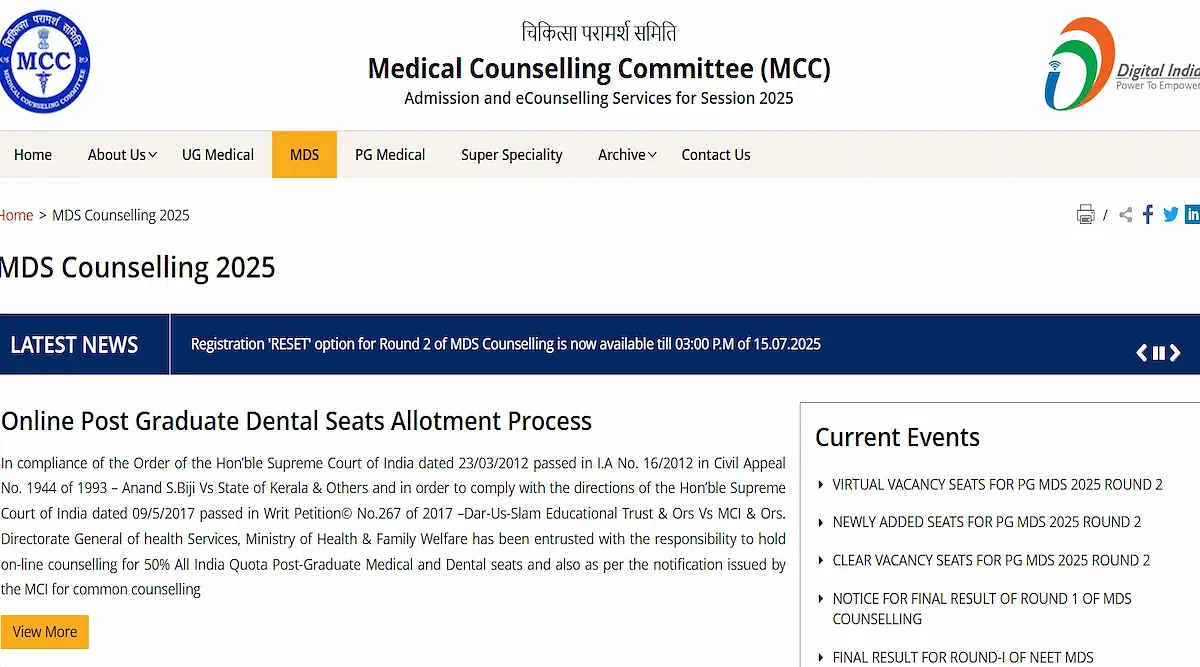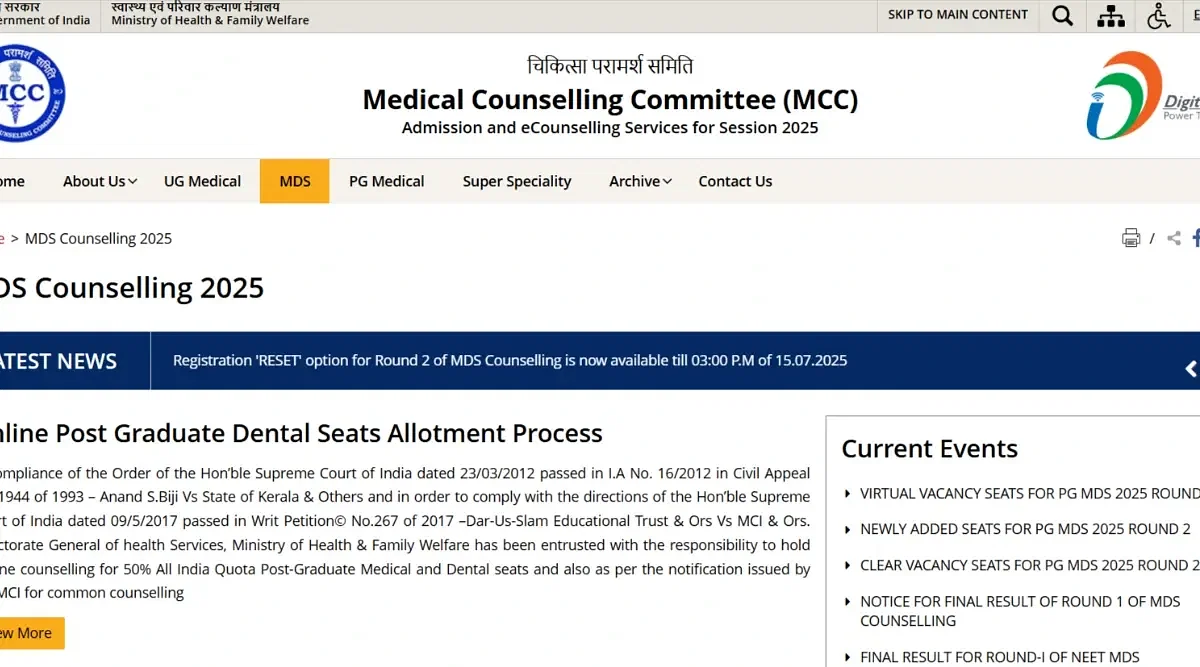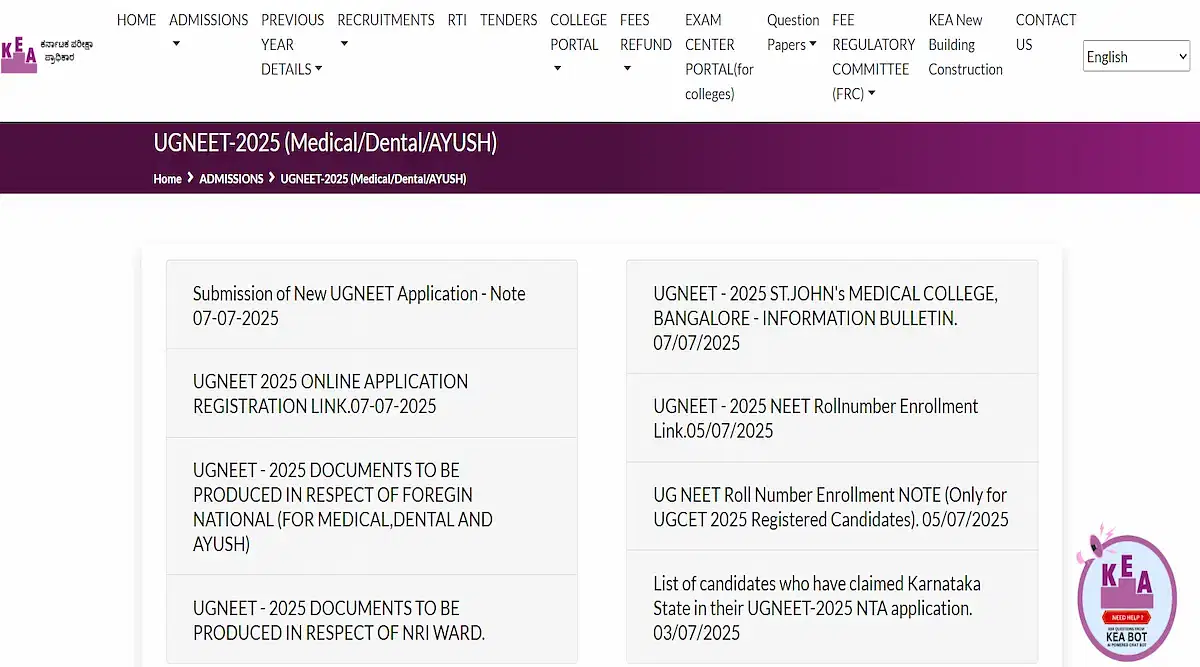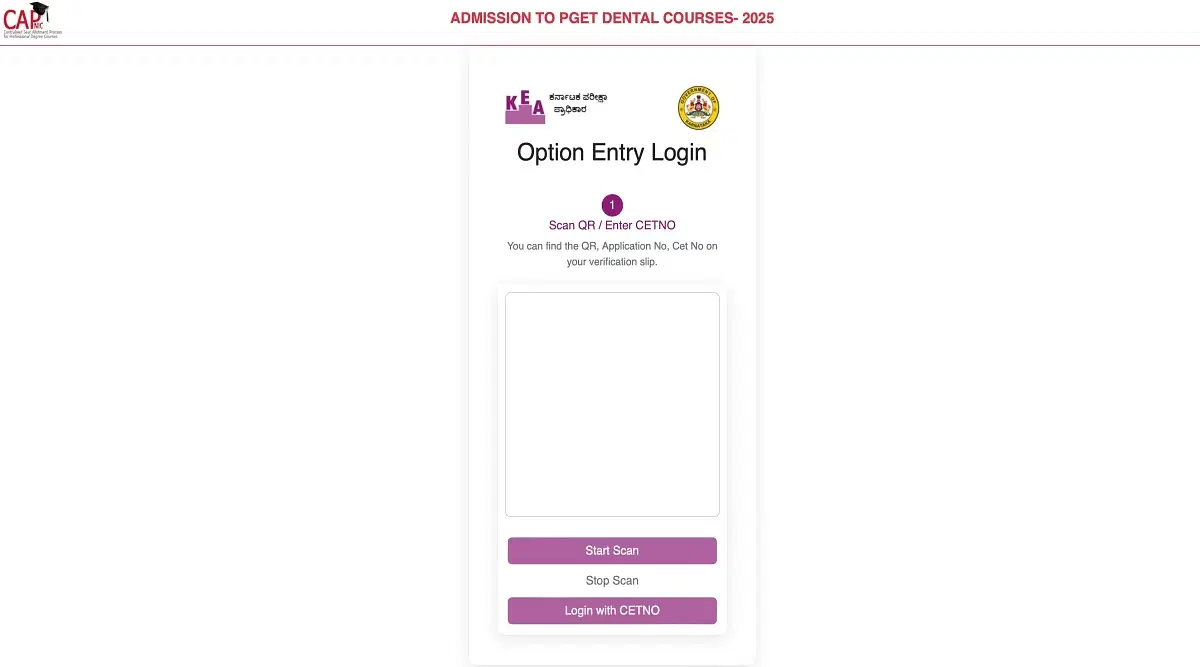
Table of Contents
NEET MDS paper analysis 2025 is available as the exam is conducted successfully. As per student's reactions, the level of questions asked in the exam was easy to moderate. The questions were from entire syllabus. NEET MDS paper analysis plays a crucial role in understanding the exam dynamics, including difficulty level, section-wise distribution of questions, weightage of topics, and performance trends. It helps students prepare strategically for future attempts by highlighting key areas of focus.
The NEET MDS (National Eligibility cum Entrance Test for Master of Dental Surgery) is a national-level postgraduate dental entrance exam conducted by the National Board of Examinations (NBE). The exam is essential for candidates aspiring to secure admission to MDS courses in top dental colleges across India.
The paper is designed to evaluate a candidate’s theoretical knowledge, clinical acumen, and analytical skills. This guide provides a detailed NEET MDS paper analysis 2025, section-wise highlights, and a breakdown of important topics based on previous papers.
NEET MDS 2025 Paper Analysis
The NEET MDS 2025 exam retained its standard pattern with a total of 240 multiple-choice questions (MCQs) covering Basic Sciences, Clinical Sciences, and General Aptitude. As per the NEET MDS paper analysis 2025, the paper was structured to test both foundational knowledge and practical application.
Key highlights of the NEET MDS paper analysis 2025 include:
- Overall Difficulty Level: Easy to moderate.
- Most Time-Consuming Section: Clinical Sciences, particularly Surgery and Oral Medicine.
- High-Weightage Subjects: General Anatomy and Oral Pathology carried the highest weightage in Basic Sciences and Clinical Sciences, respectively.
- Students' Review: Candidates found the paper moderately lengthy, with conceptual questions requiring precision and time management.
Tabulated below is the difficulty-level for each subject along with the average number of attempts.
| Section/Subject | Difficulty Level | Average Good Attempt |
| Basic Sciences | Moderate | 80-90 questions |
| Clinical Sciences | Moderate to Difficult | 100-110 questions |
| General Aptitude | Easy to Moderate | 40-50 questions |
NEET MDS Paper Analysis 2025: Highlights
The NEET MDS 2025 paper was conducted in a single shift, comprising 240 multiple-choice questions (MCQs). The total duration of the exam was 3 hours. Here's an overview of the NEET MDS paper analysis 2025:
- Difficulty Level: The overall difficulty was rated easy to moderate. While sections like General Anatomy and Pharmacology posed challenges, subjects like Oral Pathology and Prosthodontics were considered easier by many candidates.
- Weightage: Clinical subjects carried more weightage (65%) compared to pre-clinical and para-clinical subjects.
- Time Management: Candidates found the 240-question format time-intensive, requiring effective pacing to attempt all sections.
- Student Feedback: The paper was well-structured, with fewer ambiguous questions compared to previous years.
Overall Section-Wise Analysis for NEET MDS 2025
Here are additional difficulty levels and the number of successful attempts listed per section for NEET MDS paper analysis 2025.
| Subject/Section | Difficulty Level | Average Good Attempt |
| General Anatomy | Difficult | 20–25 out of 30 |
| Oral Pathology | Moderate | 35–40 out of 50 |
| General Surgery | Moderate | 18–22 out of 25 |
| Pharmacology | Difficult | 15–20 out of 25 |
| Prosthodontics | Easy to Moderate | 40–45 out of 50 |
| General Medicine | Moderate | 25–30 out of 40 |
| Periodontics | Easy to Moderate | 30–35 out of 40 |
Section-Wise NEET MDS Paper Analysis 2025
As per the NEET MDS paper analysis 2025, students can check out the table below to know section-wise detailed analysis.
Basic Sciences
According to the NEET MDS paper analysis, the Basic Sciences section focused on topics like General Anatomy, Biochemistry, and General Pathology. Most questions required a clear understanding of concepts, with minimal rote learning.
| Topics | Weightage | Difficulty Level | Average Good Attempt |
| General Anatomy | 20% | Moderate | 18-20 questions |
| Biochemistry | 15% | Moderate to Easy | 12-15 questions |
| General Pathology | 15% | Moderate to Difficult | 12-14 questions |
| Microbiology | 10% | Moderate | 8-10 questions |
| Pharmacology | 10% | Moderate | 8-10 questions |
General Anatomy and General Surgery
The General Anatomy and Surgery section was rated difficult on the basis of NEET MDS paper analysis. Topics like cranial nerves, embryology, and surgical techniques had a significant presence. Students reported the questions as being both conceptual and application-based, requiring in-depth understanding.
| Topics | Questions Asked | Difficulty Level | Good Attempt |
| Cranial Nerves | 5 | Difficult | 3–4 |
| Embryology | 4 | Moderate to Difficult | 2–3 |
| Surgical Techniques | 6 | Moderate | 4–5 |
Oral Pathology and Prosthodontics
This section was moderate, with topics like oral lesions and prosthetic materials being heavily tested. Many students found the questions straightforward but time-consuming due to their length as per NEET MDS paper analysis.
| Topics | Questions Asked | Difficulty Level | Good Attempt |
| Oral Lesions | 12 | Easy to Moderate | 10–11 |
| Prosthetic Materials | 10 | Moderate | 8–9 |
| Jaw Relation Concepts | 8 | Moderate | 6–7 |
Pharmacology and General Medicine
As per NEET MDS paper analysis, Pharmacology was marked as difficult, with tricky questions on drug classifications, mechanisms of action, and side effects. General Medicine was comparatively easier, though topics like cardiovascular conditions required careful reading.
| Topics | Questions Asked | Difficulty Level | Good Attempt |
| Drug Classifications | 5 | Difficult | 3–4 |
| Side Effects | 4 | Difficult | 2–3 |
| Cardiovascular Conditions | 6 | Moderate | 5–6 |
Clinical Sciences
The Clinical Sciences section tested applied knowledge with practical scenarios in Surgery, Prosthodontics, and Oral Pathology based on NEET MDS paper analysis.
| Topics | Weightage | Difficulty Level | Average Good Attempt |
| Oral Pathology | 20% | Moderate to Difficult | 18-22 questions |
| Prosthodontics | 15% | Moderate | 12-15 questions |
| Oral Surgery | 15% | Difficult | 10-12 questions |
| Periodontics | 10% | Moderate | 8-10 questions |
| Pedodontics | 10% | Moderate to Easy | 10-12 questions |
General Aptitude
According to the NEET MDS paper analysis, general aptitude section was the least challenging, focusing on logical reasoning, basic English comprehension, and data interpretation.
| Topics | Weightage | Difficulty Level | Average Good Attempt |
| Logical Reasoning | 40% | Easy to Moderate | 15-20 questions |
| Data Interpretation | 30% | Easy | 10-12 questions |
| English Comprehension | 30% | Easy | 10-12 questions |
FAQs on NEET MDS Paper Analysis
Q: What is the benefit of analyzing NEET MDS paper analysis 2025?
Analyzing NEET MDS paper analysis 2025 provides insight into the distribution of questions, difficulty level, and high-weightage topics. Candidates can identify trends, such as repeated concepts or frequently tested areas, which can help focus their preparation on critical topics like Oral Pathology or Orthodontics. Moreover, it helps in refining time management strategies and assessing the complexity of clinical and basic science questions.
Q: Which sections in NEET MDS are generally considered the most challenging?
The sections on General Anatomy, Pathology, and Oral Surgery are often reported to be the most challenging due to their detailed content and clinical scenario-based questions. Additionally, topics like Pharmacology and Microbiology can be tricky as they require memorization and application of concepts to practical scenarios. These sections tend to have a moderate-to-high difficulty level, requiring candidates to have a deep understanding of both theoretical and applied aspects.
Q: How can paper analysis help improve time management during the NEET MDS exam?
NEET MDS Paper analysis breaks down the exam structure, showing the number of questions per topic and their average difficulty levels. For instance questions from General Medicine and Physiology might be direct and easier to answer, requiring less time. By identifying such patterns, candidates can allocate time accordingly during the exam, ensuring that they attempt all questions effectively within the given 3 hours.
Q: Are questions in NEET MDS frequently repeated from previous years?
Exact repetition of questions is rare in NEET MDS. However, conceptual overlaps are common. For instance, topics like TMJ disorders in Oral Pathology or Local Anesthesia techniques in Oral Surgery are often rephrased or presented with slight variations. Practicing previous years’ papers can help candidates become familiar with these recurring concepts.
Q: What are some high-yield topics for based on NEET MDS paper analysis?
Based on the NEET MDS paper analysis, high-yield topics include Oral Pathology, Orthodontics, Prosthodontics, Periodontology
Q: What is the average good attempt for a competitive NEET MDS score?
A good attempt typically ranges between 180–200 questions with an accuracy rate of 80–85%. This ensures a competitive score above the expected cutoff. Candidates should focus on maximizing their accuracy in high-weightage subjects like Oral Pathology and Orthodontics while minimizing errors in Basic Sciences.
Q: How can candidates balance their preparation for clinical and basic science subjects?
Candidates should allocate 60% of their preparation time to clinical subjects like Oral Surgery, Prosthodontics, and Orthodontics, as they form the bulk of the exam. The remaining 40% should be dedicated to Basic Sciences such as Physiology, Pathology, and Biochemistry. Combining theory with clinical case-based questions is essential for integrating knowledge across these domains.
Q: Is there a significant difference in difficulty level between NEET MDS papers over the years?
While the overall difficulty level remains moderate to high, specific years have seen tougher clinical sections or Basic Sciences with more application-based questions. For example, the 2023 paper had challenging sections in Oral Pathology and Pharmacology, emphasizing practical knowledge. However, subjects like Physiology and Biochemistry were comparatively easier. Analyzing year-wise trends can help in anticipating similar patterns for future exams.
Q: How should candidates prepare for clinical scenario-based questions in NEET MDS?
To tackle clinical scenario-based questions, study from standard textbooks like Schillingburg for Prosthodontics and Ten Cate for Oral Histology. Practice clinical case studies and mock tests with integrated clinical and theoretical questions. Focus on understanding the diagnostic process, treatment planning, and implications of clinical decisions. These strategies will ensure a better grasp of practical applications and improve performance.
Q: Where can I find official NEET MDS resources for preparation?
Official resources, including the syllabus, mock tests, and announcements, are available on the National Board of Examinations (NBE) website at nbe.edu.in. Candidates should regularly check this site for the latest updates, sample papers, and other exam-related information.
